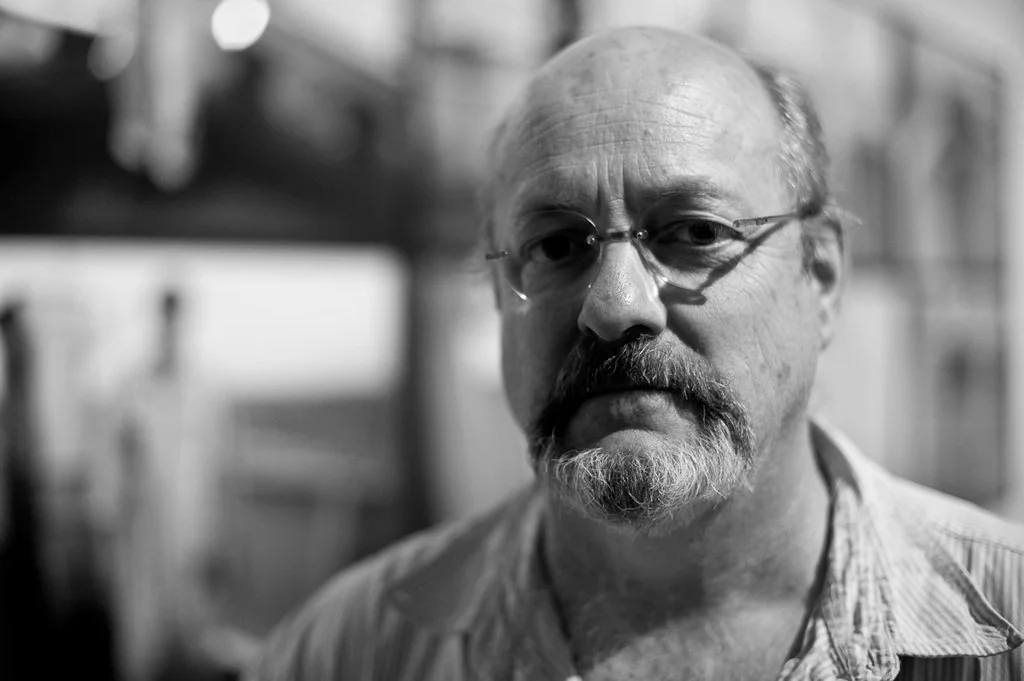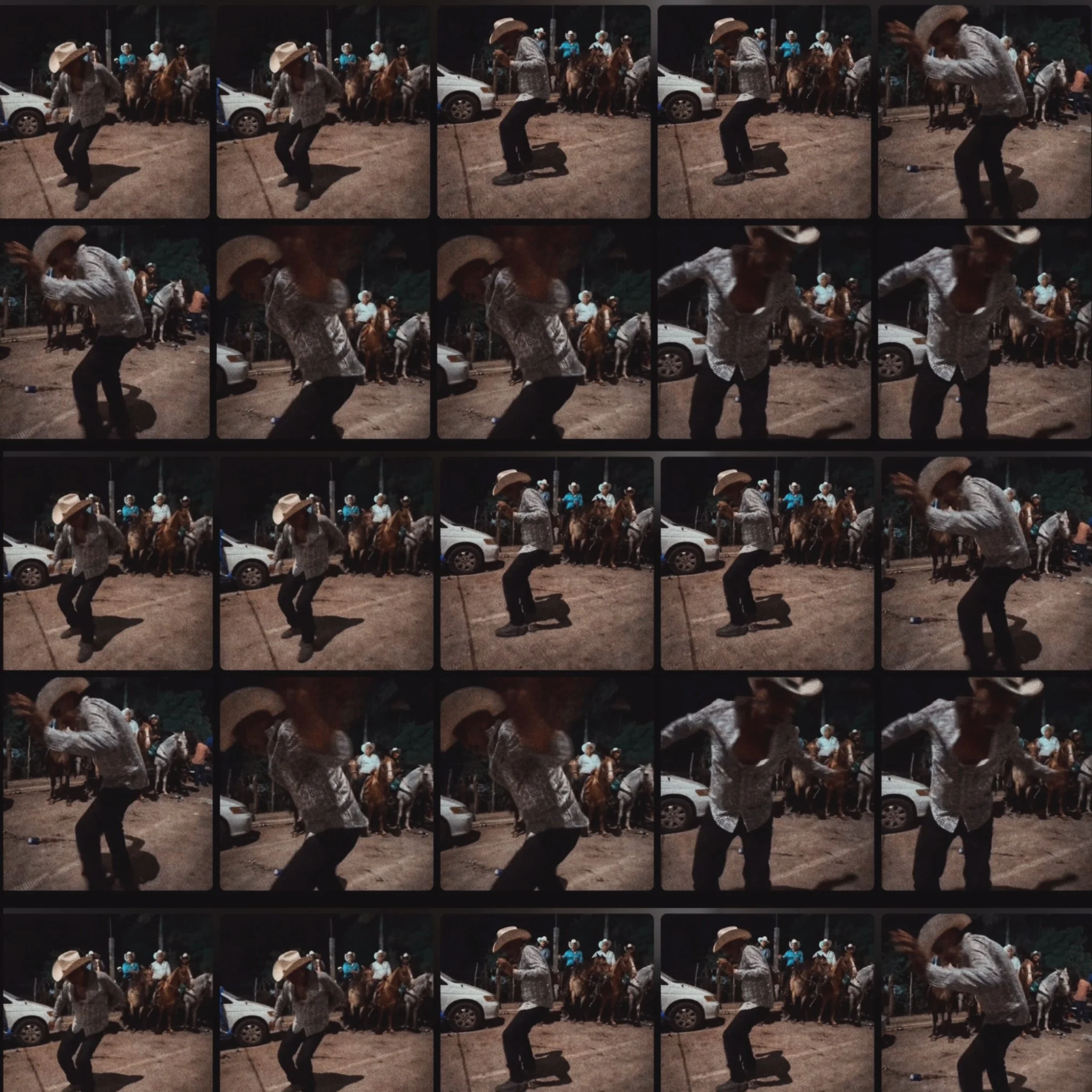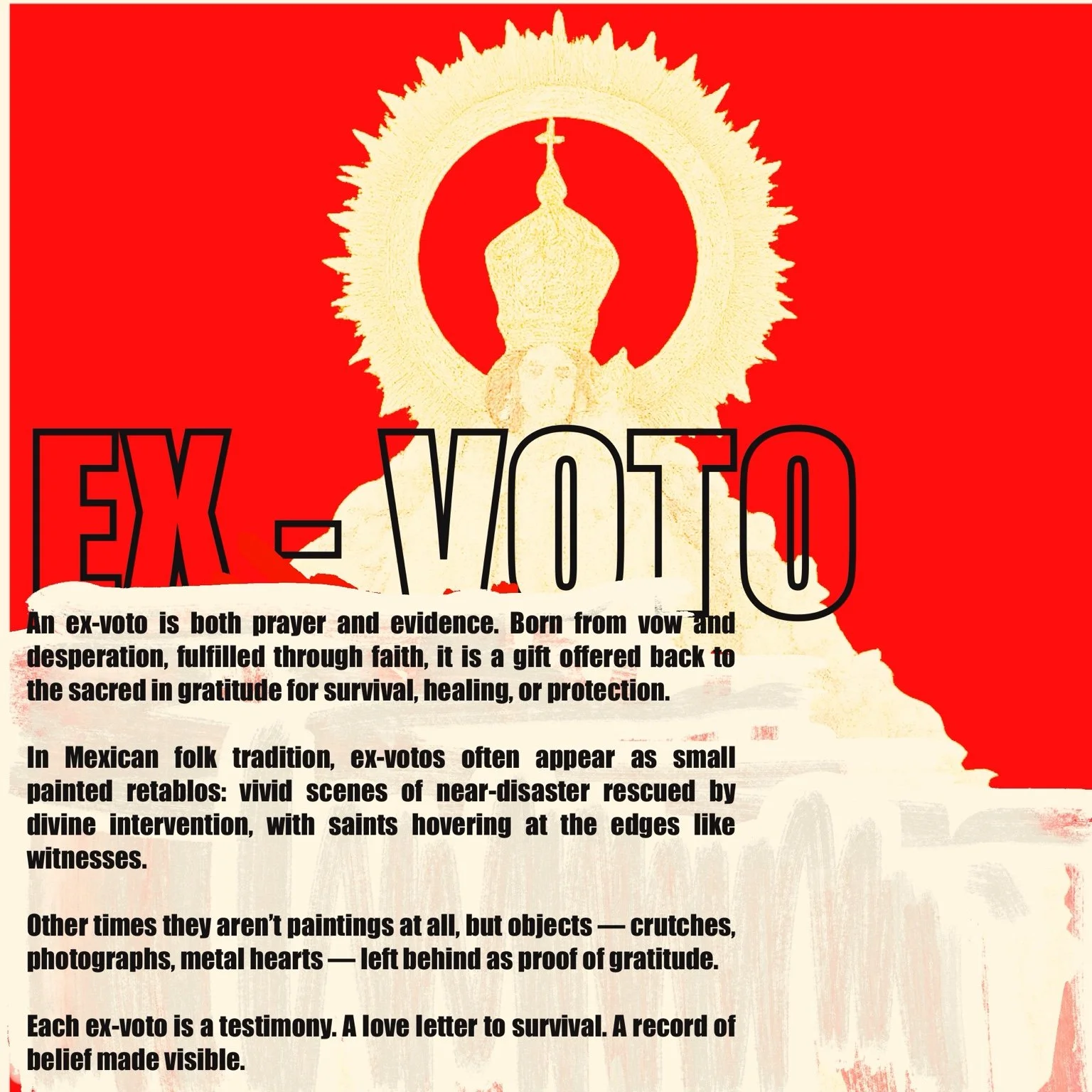T.A.Z
a Temporary Autonomous Zone
Built on scraps, driven by instinct. A space for words, sounds, and unfinished ideas.
Still from Japón, a 2002 film by the Mexican director Carlos Reygadas.
““Nothing happened today. And if anything did, I’d rather not talk about it, because I didn’t understand it.””
“I have no brand. ”
My family moved to South Gate in 1984, leaving behind what’s now known as the University Park area—just south of Downtown L.A., and just north of USC.
Back then, South Gate in the late ’80s and early ’90s reminded me of the Manchester I read about or the Pittsburgh I saw in movies. It was a hard-nosed, working-class town surrounded by heavy industry. A city shaped by places that tore things apart—concrete, glass, metal.
Steel foundries, saw mills, and scrapyards littered the landscape. You couldn’t escape the sounds: the constant banging, humming, and mechanical buzzing. It was like living inside an early Einstürzende Neubauten album.
When the sawmills started shutting down, I might’ve been the only one who noticed how quiet the city had become.
From Of Mexican-Descent,
a film I’d like to complete one day.
Allan Sekula, 1951–2013
I found myself thinking of Allan Sekula earlier this week—not as the celebrated filmmaker and artist so many knew, but as the educator and mentor who left a lasting impression on me.
Allan was a professor of mine during my time at CalArts. He was always excited to talk to me, even though I was still extremely introverted and shy. I didn’t always know how to respond, but I appreciated his interest in my work.
Allan was always down to talk about SELA—Southeast Los Angeles—with genuine curiosity and respect. The first time we spoke and he found out I was from South Gate, he lit up and told me a story about taking the bus from San Pedro to visit his new girlfriend who lived in S.G. He was kind and generous with his time—with all of his students.
He connected with a piece I made in one of his classes—a video portrait of the Huntington Park Parade, influenced by the observational approaches of Direct Cinema and Cinéma Vérité. Under his guidance, I was able to complete the project. Even before I fully understood what I was trying to do, he supported me and gently nudged me toward my own insights. After our in-class screening, many voiced their opinions, but Allan had said little. Finally, after some quiet reflection, he asked a few questions and said, “Only you could have made that.” For any young artist, those words carry immense weight. They’ve stayed with me all these years—and now, in an age dominated by social media trends and built in templates, they ring even louder as I strive to make work only I could create.
I admired his intelligence, his generosity, and his vast knowledge of both film and the city we both loved. It’s been twelve years since his passing, but I wanted to write this before more time slipped away. I regret not keeping in touch with him. Our friendship was brief, but his wisdom and mentorship continue to resonate in my life and work.
Francisco Romero Oct. 10 2025. Los Angeles, California
Notes From the Middle (Age): Musings, Misfires, & the Occasional Insight
Notes From the Middle (Age) is an ongoing record of memory, work, and refusal, gathering fragments, observations, rants, and reflections on culture, filmmaking, history, technology, and writing. Some pieces are polished; others are provisional. All of them are written to be kept.
This series exists because waiting for permission, recognition, or institutional validation is a losing strategy. Much of what matters is undocumented, under-acknowledged, or already slipping out of view. Writing here is not commentary. It is a form of archiving, a way of placing experience into language before it disappears.
The “I” in these notes is personal, but not private. It stands in for a collective set of conditions shaped by class, labor, culture, and time. These entries are not meant to resolve arguments or arrive at conclusions. They are attempts to stay present, to mark the ground, and to insist that what is made, and how it is made, matters.
minorcinema.net is built around four abstract yet tactile principles: minorcinema, rasquache, temporary autonomous zones (TAZ), and opensource. They operate less as a manifesto than as a working ethos, guiding how projects are made, shared, and sustained.
minorcinema
We work small, stay close, and let place, time, and limits shape the work instead of fighting them.
rasquache
We use what’s around, patch things together, and let the seams show if that’s what it takes to keep going.
temporary autonomous zones (TAZ)
We carve out short stretches where the work comes first and permission doesn’t matter, where independent work, community, and experimentation can exist on their own terms, however briefly.
open source
We share what we make, pass things along, and trust that culture survives by moving, not by being locked down.
Notes From the Middle (Age): Musings, Misfires, and the Occasional Insight
Writing As Infrastructure
01/02/2026
I began writing to remember. To archive my memories, my past, my films, and my work because no one else was going to do it. It is not important to institutions. It may not even be important to more than a handful of people. But that is beside the point. If I don’t name it, frame it, and place it into language, it disappears. Silence does not preserve. Silence erases.
More importantly, I began documenting and archiving not only my own work, but the work of friends, collaborators, and artists whose contributions matter deeply to me. This kind of labor is not secondary to the work itself. It is part of the work. To write is to situate, to insist, to refuse the conditions under which history is usually written by others, later, and without us.
We do not have the luxury of being quiet or mysterious. The posture of letting the work speak for itself assumes an audience already listening, an institution already attentive, an archive already waiting. For many of us, none of that exists. To remain silent is not humility. It is abdication. In a culture that rewards volume, clarity, and repetition, opacity often functions as disappearance.
So we have to be louder. More direct. More aggressive if necessary. Not in the sense of spectacle, but in the sense of insistence. We have to name what we are doing, why it matters, and where it belongs. Sometimes that means refusing subtlety. Sometimes it means speaking plainly, even bluntly. A slap in the face, if that’s what it takes to register.
This is not about ego. It is about survival. It is about building our own record because history does not arrive neutral. It is assembled from what is available, what is articulated, what is repeated. If we do not leave behind our own words, our own framing, our own traces, then the work does not vanish quietly.
It is overwritten.
Writing, in this sense, is not commentary.
It is infrastructure.





